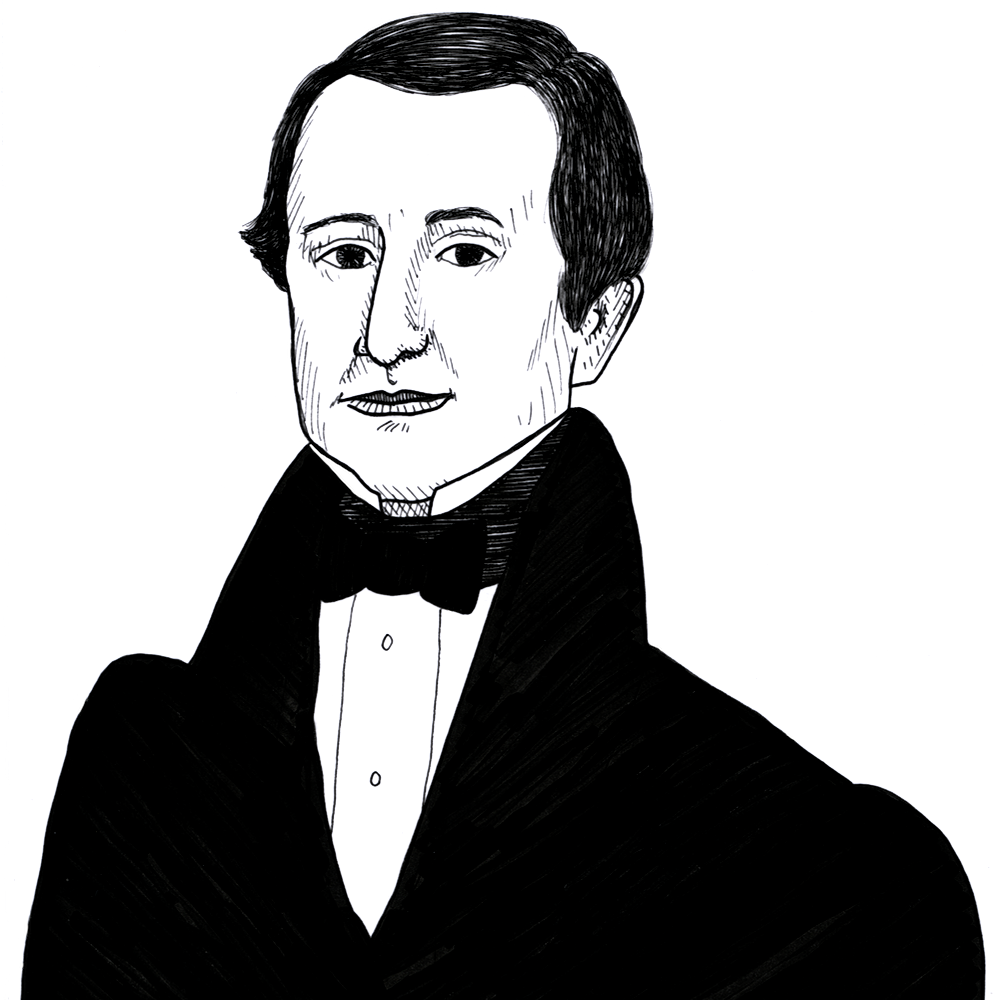
William Leggett argues that Thanksgiving Day is no business of the government (1836)
Found in: Democratick Editorials: Essays in Jacksonian Political Economy
The radical Jacksonian journalist William Leggett (1801-1839) argued that the formal declaration by the Federal government of a national “Thanksgiving Day” was not properly the duty of the head of state but the individual heads of religion, if they so desired:
Religion & Toleration
The only instance of intermeddling, on the part of the civil authorities, with matters which, being of a religious character, properly belong to the religious guides of the people, is the proclamation which it is the custom for the Governor of each state annually to issue, appointing a day of general thanksgiving, or a day of general fasting and prayer. We regret that even this single exception should exist to that rule of entire separation of the affairs of state from those of the church, the observance of which in all other respects has been followed by the happiest results. It is to the source of the proclamation, not to its purpose, that we chiefly object. The recommending a day of thanksgiving is not properly any part of the duty of a political Chief Magistrate: it belongs, in its nature, to the heads of the church, not to the head of the state.